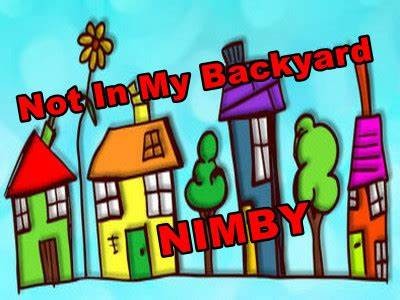
Not in My Backyard Phenomenon or NIMBY
NIMBY is when a person is against having something undesirable located near their home. This phenomenon happens too often with Opioid Use Disorder (OUD) treatment clinics. Even when the medical literature repeatedly shows that patients who are initiated on Medication-Assisted Treatment have less all-cause mortality & opioid-specific mortality, it is nearly impossible for many patients to find a clinic in their neighborhood. This is especially true for the Southside of Chicago.
Why would someone be afraid of a medical clinic in their neighborhood? Patients who come to a clinic are dedicated to their recovery. Now, put yourself in the position of a person suffering from an Opioid Use Disorder. You live on the Southside of Chicago and think you may have an opioid problem. Perhaps you are taking more hydrocodone than prescribed or you find yourself borrowing/buying from a friend. This is the start of an Opioid Use Disorder. Where do you go for help? You likely have to travel into the center of the city just to receive care. And now, you feel worse that whatever is going on with you that your neighbors, friends, family don’t even want you close to where they live?
Now ask yourself, “Why don’t people seek recovery? Why are overdoses still rising despite all the harm-reduction strategies we have tried?”. The answer is clear: STIGMA & DISCRIMINATION. Stigma involves labeling people as junkies, having negative stereotypes of people who use, separating substance use care from mainstream medical care, unequal health and social outcomes and limited access to economic and political power. What does all this amount to? It takes away people's voice to be heard. It takes away their access to proper care. It increases their risk of dying, not only from their opioid use disorder but from their overall health being jeopardized. Most importantly it reduces a person down to just their disease. They are no longer a person, they are a junkie. A person who has an Opioid Use Disorder is so much more than their disease. They may be a mother/father, sister/brother, husband/wife, best friend, artist, chef, teacher. They may be you.
Roughly only 20% of the patients who have an Opioid Use Disorder receive medication assisted treatment. Where else in medicine have we failed so greatly to provide a evidence based treatment? The answer is, no other condition have we failed to this extreme.
Do not be afraid of a clinic in your neighborhood that serves patients who have an Opioid Use Disorder. Be afraid of the communities that refuse to let those clinics help those patients.
Health and Wellness Coach
1yThank you for sharing this article of the dignity of every person, Dr. Bottari.
Neurosurgery Division Lead. Advocate Good Samaritan Hospital. Downers Grove, IL. Clinical Assistant Professor of Neurosurgery at Midwestern University. Downers Grove, IL.
1yThank you Dr Diana Bottari for sharing!
Sales Division at RQD* Clearing
1yGreat article, Di!!